Commercial solar system installations greater than 100 kW in Victoria, can access a decade’s worth of energy efficiency certificates as a lump sum after the first year, based on greenhouse gas emissions reduced rather than power generated.
Calculated at one certificate per tonne of greenhouse gas (GHG) emissions reduced, offset by a solar system, Victorian energy efficiency certificates (VEECs) differ from small-scale technology certificates (STCs) and large-scale generation certificates (LGCs), which are calculated by how much power they generate.
Commercial solar installer Kuga Electrical General Manager Clement Doudet said VEECs can cover up to a third of a project’s cost and provide cash flow from an installation after the first year of generation.
“VEECs are worth around twice as much as LGCs and are paid out much faster, making them a far superior choice if your business is based in Victoria,” Doudet said.
“Another advantage is that, as a part of a white certificate scheme, you can still claim carbon credits even after you trade them in for cash. So, with VEECs you get to reduce the expense of your solar system and work towards carbon neutrality at the same time.”
VEECs can only be created for energy used on-site to power a business and doesn’t include energy exported to the grid.
The number of VEECs that can be created is determined by the GHG savings associated with the installation of an energy efficient product and/or decommissioning of an inefficient product.
Supply chain solutions and cold storage company Americold, a Kuga Electrical client, installed a now operational 1.5 MW ground-mounted system at their Laverton, Victoria facility, 25 kilometres southwest of Melbourne, which generates an estimated yearly output of 2,098 MWh.
The installation was built to compliment a 1 MW rooftop solar system and to use available land adjacent to its 24-hectare facility.
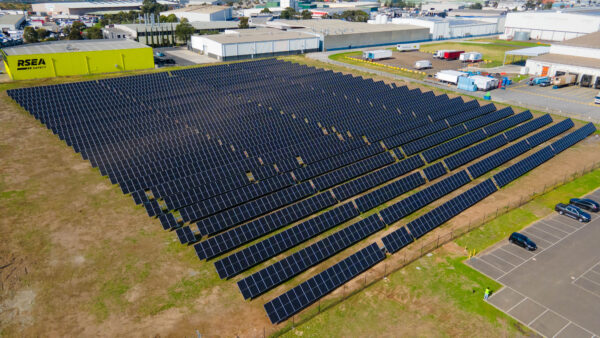
Image: Kuga Electrical
Kuga Electrical Managing Director John Kurta said the project will create somewhere around $780,000 to $850,000 worth of VEECS.
“This is a huge amount and roughly covers about one third of the overall project’s cost, which makes it far more effective to create VEECs over LGCs at the moment,” Kurta said.
A comparison of VEECs and LGCs for the installation shows 12,402 VEECs at the current value of $108 each, total $1,339,416 with rebates payable as lump sum within 18 months of the project energised and the rebate portion relative to the capex being about 50%, with a return on investment (ROI) at 3.3 years.
The same project with LGCs would have an estimated volume of 12,585 certificates paying $40 each, with a rebate total of $503,000 payable in split portions yearly until 2030, representing 19% of the project’s capex and ROI taking 5.4 years.
“There’s a number of ways to create VEECs, with some of the mechanisms including lighting upgrades or hot water heat pump upgrades. Creating VEECS now for commercial solar projects is a really viable mechanism to create more discounts over and above LGCs,” Kurta said.
“With VEECs you have a 12-month measurement and verification process, where you measure and verify the amount of savings, and you can create all the VEECs up front, and can be paid the full amount effectively, around the 12 to 18-month mark. From a project’s cash flow perspective, it has significant advantages over LGC’s as well,” he said.
In the past 12 months, Kuga Electrical has installed 25 MW of commercial solar and are delivering 2 MW of battery energy storage systems (BESS) and C&I ground-mounted solar.
This content is protected by copyright and may not be reused. If you want to cooperate with us and would like to reuse some of our content, please contact: editors@pv-magazine.com.
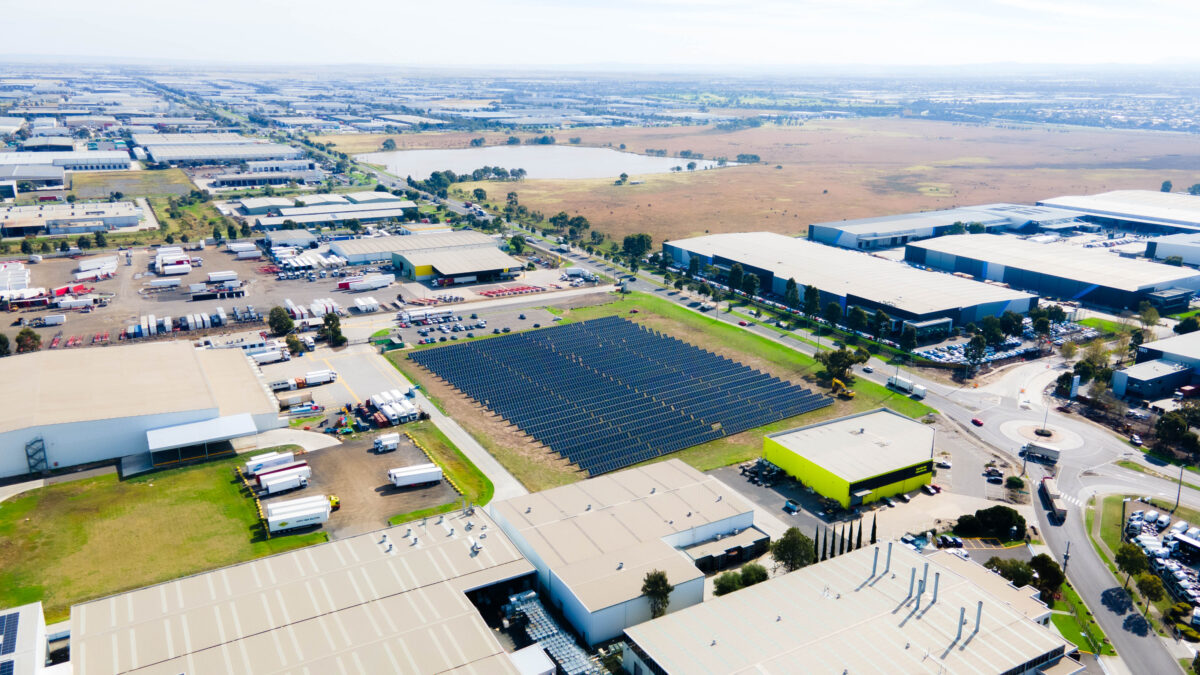


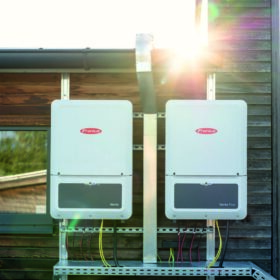

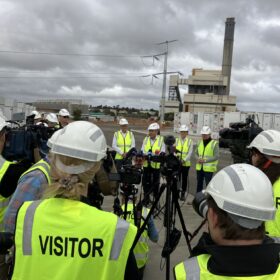
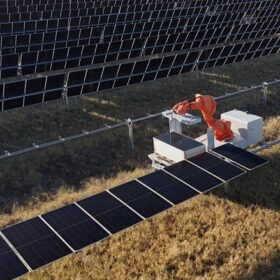
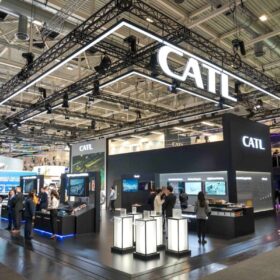
By submitting this form you agree to pv magazine using your data for the purposes of publishing your comment.
Your personal data will only be disclosed or otherwise transmitted to third parties for the purposes of spam filtering or if this is necessary for technical maintenance of the website. Any other transfer to third parties will not take place unless this is justified on the basis of applicable data protection regulations or if pv magazine is legally obliged to do so.
You may revoke this consent at any time with effect for the future, in which case your personal data will be deleted immediately. Otherwise, your data will be deleted if pv magazine has processed your request or the purpose of data storage is fulfilled.
Further information on data privacy can be found in our Data Protection Policy.